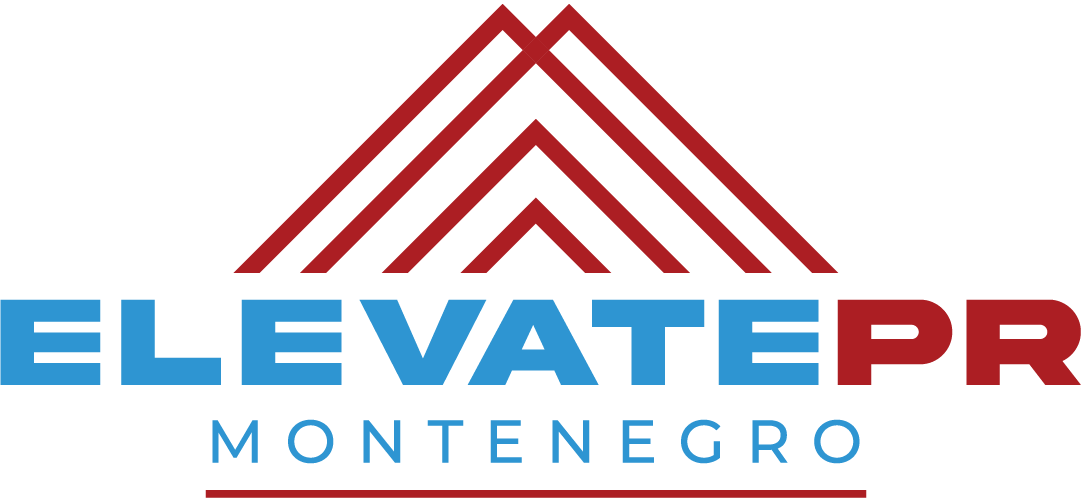Engineering communications and public relations (PR) for industrial companies involve strategic efforts to convey complex technical information in an accessible manner, manage the company’s reputation, and engage with various stakeholders, including clients, investors, regulatory bodies, and the general public. Effective communication and PR strategies are essential for industrial companies to showcase their technological advancements, environmental responsibility, safety records, and contributions to economic development. Here’s how industrial companies can approach engineering communications and PR:
1. Clarifying Complex Information
- Simplifying Technical Jargon: Convert technical language into simpler terms that can be understood by a non-technical audience without diluting the core message.
- Visual Aids: Utilize diagrams, infographics, and videos to explain complex engineering processes or product functionalities.
2. Building and Managing Reputation
- Success Stories and Case Studies: Share stories of successful projects, innovations, or challenges overcome, highlighting the company’s expertise and reliability.
- Sustainability and CSR Initiatives: Promote the company’s efforts in sustainability and corporate social responsibility (CSR) to build a positive image as an environmentally conscious and socially responsible entity.
3. Engagement with Stakeholders
- Industry Events and Conferences: Participate in or sponsor relevant industry events, conferences, and trade shows to enhance visibility and engage directly with clients, peers, and potential investors.
- Digital Platforms: Utilize the company’s website, blogs, and social media channels to regularly publish articles, updates, and thought leadership pieces related to engineering and industry trends.
4. Crisis Communication
- Preparedness: Develop a crisis communication plan to address potential negative events or public relations challenges promptly and effectively.
- Transparency and Responsiveness: In times of crisis, communicate openly and transparently with stakeholders, providing timely updates and steps being taken to address the situation.
5. Media Relations
- Press Releases: Regularly issue press releases to announce new projects, contracts, technological breakthroughs, and significant company achievements.
- Media Training for Executives: Train company executives and technical leads on how to interact with the media, focusing on key messages, company values, and handling tough questions.
6. Content Marketing and Thought Leadership
- Technical Content: Produce high-quality, informative content that demonstrates the company’s expertise in its field, such as white papers, technical articles, and research findings.
- Expert Commentary: Offer expert commentary on industry trends, challenges, and innovations, positioning company leaders as thought leaders in their field.
7. Internal Communications
- Employee Engagement: Keep employees informed and engaged with company goals, projects, and achievements through internal newsletters, meetings, and intranet platforms.
- Training and Development: Provide opportunities for employees to enhance their communication skills, particularly in presenting technical information to non-technical audiences.
For industrial companies, engineering communications and PR are vital components of their overall business strategy. These efforts not only help in simplifying and conveying complex information but also play a crucial role in building a positive company reputation, engaging with key stakeholders, and navigating through crises. By employing a mix of traditional and digital communication strategies, industrial companies can effectively communicate their value proposition, technological prowess, and commitment to sustainability and social responsibility.


